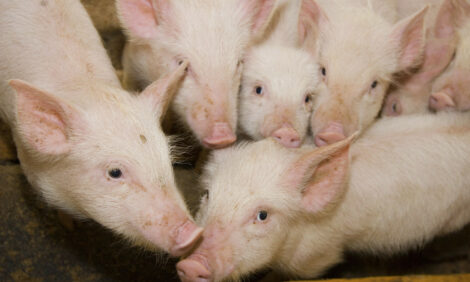



EU Adopts Statement on Germany's Dioxin Incident
EU - Member States have adopted a united statement on the recent dioxin incident in Germany.Yesterday (22 February), at the meeting of the Standing Committee on the Food Chain and Animal Health, the Member States adopted a statement on the dioxin incident which took place in Germany late 2010-early 2011.
The statement says: 'The Member States, meeting in the framework of the Standing Committee on the Food Chain and Animal Health, recognised that the German authorities have been managing the contamination incident very efficiently and that they adopted a very strict precautionary approach to manage this incident in view of providing a high level of feed and food safety.
'The Member States, meeting in the framework of the Standing Committee on the Food Chain and Animal Health, recognised that the contamination incident is fully under control by the German authorities and there is no risk that potentially contaminated food and feed are placed on the EU market or dispatched to Third countries.
'Throughout the incident, the competent authorities of the Member States have been informed daily and in detail of the situation as regards the dioxin contamination incident in Germany and the measures taken to protect public health via the Rapid Alert System for Feed and Food (RASFF).
'The Standing Committee on the Food Chain and Animal Health (SCOFCAH) has been comprehensively informed by Germany on the dioxin contamination incident at five meetings of the Standing Committee on the Food Chain and Animal Health respectively on 11, 19, 20, 24 January 2011 and 15 February 2011.
'At all these meetings, the representative of the German delegation updated Member States on the contamination incident and answered in full transparency all questions and concerns expressed by the other delegations. All potentially contaminated feed fat, compound feed and farms having received potentially contaminated feed have been blocked by way of strict precaution pending the outcome of dioxin analysis. There were initially 4,760 potentially affected farms in Germany – this number has today dropped to 49 farms given the analytical results and/or investigations conducted which allowed restrictions to be lifted under safe conditions.'








